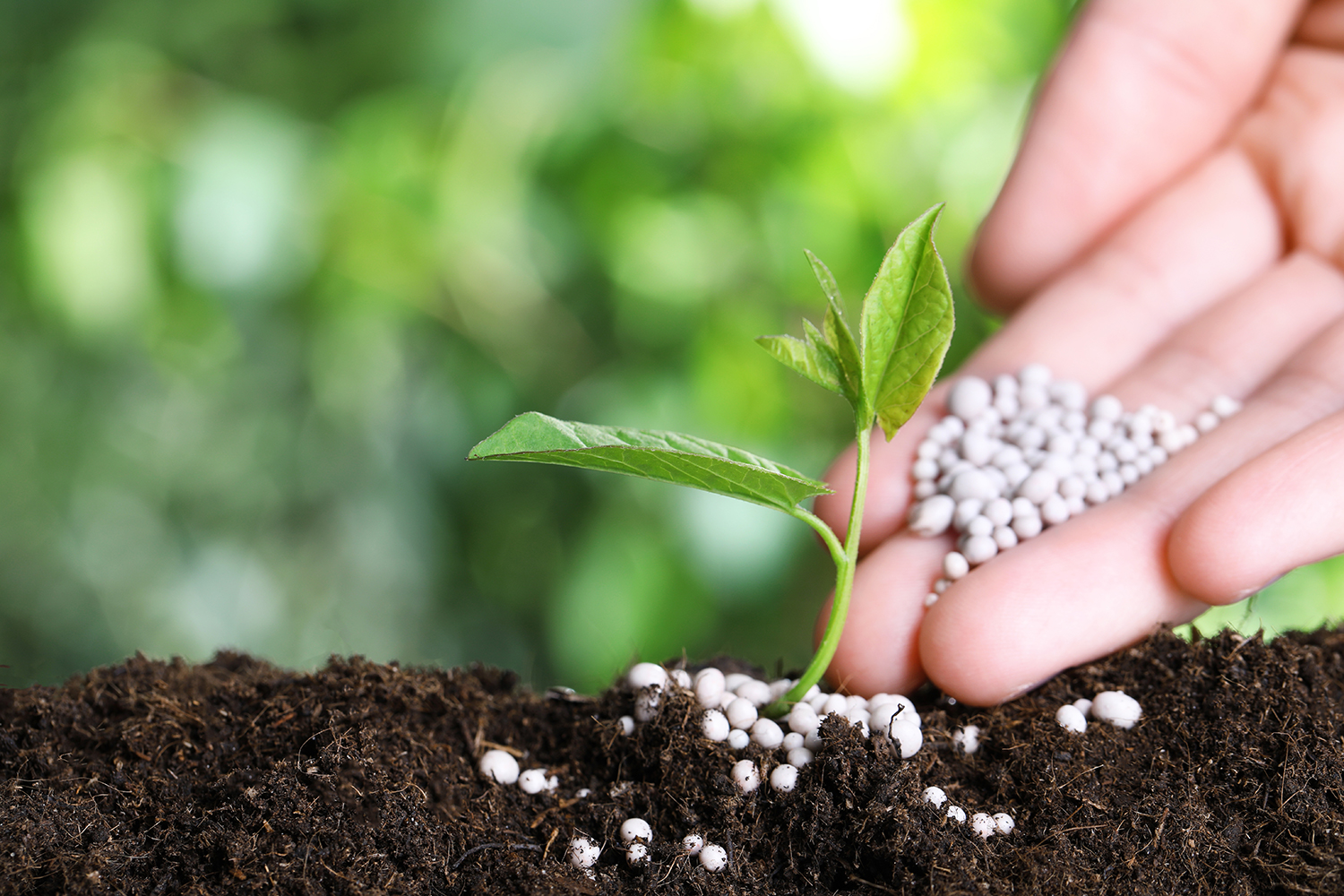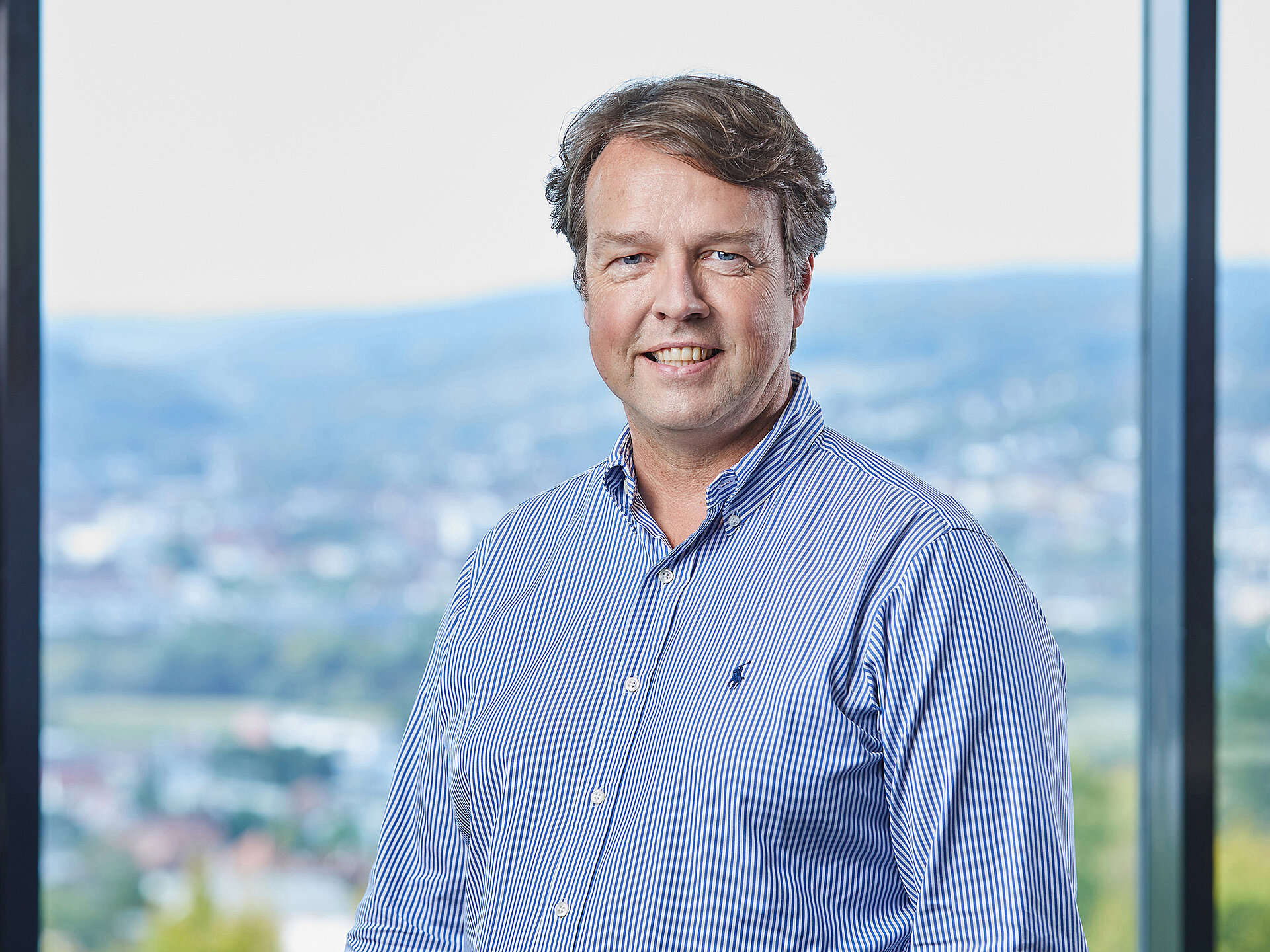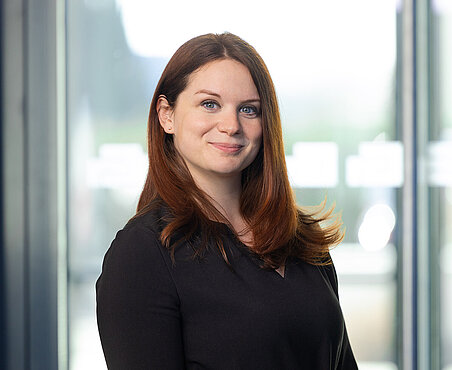Debate on phosphorus recycling from sewage sludge: Municipalities face fundamental sustainability decision
- Phosphorus is an essential nutrient. Its natural deposits are finite. A sustainable circular phosphorus economy is becoming an absolute MUST.
- Controversial discussions are under way about the solutions that are currently proposed in this context. CO2 emissions and increased transport volumes have sparked initial regional protests against phosphorus recovery after mono-incineration.
- Sustainability over the long term is expected from processes that recover phosphorus directly at the wastewater treatment plant.
German towns, cities and municipalities must decide by 2023 how they plan to recover phosphorus from sewage sludge. That marks an important, fundamental ecological and economical decision on the large-scale recycling of a vital raw material. Residents and environmental groups protest against recycling processes in which the sewage sludge is first incinerated. They advocate direct recycling methods, such as the one provided by equipment and systems supplier Grenzebach, which do not need transportation routes and chemicals.
Bad Hersfeld / Germany. From 2029, municipalities will have to recover phosphorus from the sewage sludge generated at their wastewater treatment plants. The sludge contains large quantities of this essential and rare raw material that have remained unused so far. By the end of 2023, towns, cities and municipalities must decide what recycling method they are going to use. Initial preliminary decisions are being taken right now. Some municipalities bank on indirect recovery from sewage sludge ash after mono-incineration.
In many places, however, recovery after mono-incineration is met by strong protests from environmental organizations and residents. They say incineration before recovery is not a sustainable solution but means taking a detour that is unacceptable in ecological terms.
Environmental associations, such as BUND Bayern, therefore call for an immediate stop to all planning and licensing procedures allowing new sewage sludge incineration facilities to be built or existing ones to be extended. In Mailing, an urban district of the city of Ingolstadt in Bavaria, for instance, campaigners collected signatures against plans to add a new sewage sludge drying facility to the central wastewater treatment plant and a sewage sludge incinerator to the waste incineration plant.
Environmentalists oppose high CO2 emissions and use of chemicals
Recovery from sewage sludge ash could prove a stress test for residents: The process requires mono-incineration of the sludge as a first step. For that purpose, the sewage sludge usually needs to be transported from the wastewater treatment plant to an incinerator. In Ingolstadt's Mailing district alone, up to 40,000 tonnes of sewage sludge per year (containing 30,000 tonnes of water) are expected to be delivered from the entire region and the rural districts of Kelheim and Roth in the future. For residents that means they have to cope with increased traffic, more noise and poorer air quality. So what is supposed to be a solution actually creates considerable new challenges.
That is because incineration is often only an initial intermediate step: The ash leftover from the incineration process is usually transported to landfill sites for mono-material storage before the actual phosphorus recovery takes place. Large quantities of chemicals are needed to extract the phosphorus from the ash. Depending on the process, toxic residues are generated that also need to be disposed of. Thus, the lion's share of the phosphorus recycling cost is simply left to be dealt with in future legislative periods.
Direct on-site recycling as a sustainable alternative
Alternative phosphorus recycling methods do exist: Most promising in terms of sustainability, conservation of resources, effectivity and long-term cost-efficiency are those processes in which phosphorus is recovered from sewage sludge directly on site. One of these processes has been developed by the German equipment and systems supplier Grenzebach in cooperation with the CUTEC research center of the Clausthal University of Technology. It can be adapted to different recycling capacities and will be ready for commercial use in 2023.
It is one of the few processes that achieve the mandatory recovery rates by direct extraction from sewage sludge and it meets important sustainability criteria: The recycling system can be added to the wastewater treatment plant, eliminating the need for transportation of the sewage sludge. The sludge is dried on-site and the phosphorus recovered – without incineration and ash storage and without using chemicals. These are all factors that also benefit the economy of the process. The sewage sludge is fully utilized; the products obtained can be almost fully marketed: The recycled phosphoric acid, for instance, has a wide range of applications in a variety of industries. A genuine circular phosphorus economy can thus be established. The Grenzebach Process requires only little space and can be scaled to suit different recycling capacities, making it suitable for municipalities of all sizes.
“Municipalities need to learn about all processes and keep their eyes open for alternatives. At present, mono-incineration is all too often regarded as the easiest and most economical or even the only available method. The need for subsequent phosphorus recovery is often not taken into account. On the path to achieving climate targets and moving towards a sustainable circu-lar economy, however, municipalities should opt for a solution that is sustainable over the long term. It is an investment in the future, and everyone can and should do their bit so that problems are not just shifted elsewhere.”
Phosphorus – a vital raw material
There can be no doubt that phosphorus needs to be recycled – it is essential for all living things. It is by far the most important source material for fertilizer production worldwide and a key ingredient in numerous products, such as animal feed, detergents and pharmaceuticals. Natural phosphorus deposits are being depleted globally. Already today, Germany and the EU are fully dependent on imports, some of them coming from geopolitically unstable regions, and the European Commission categorizes phosphorus as one of 30 critical raw materials, i.e. a raw material with a high supply risk and of great economic importance.
For more information about Grenzebach Phosphorus Recycling, please visit: https://www.grenzebach.com/en/products/phosphor-recycling/


